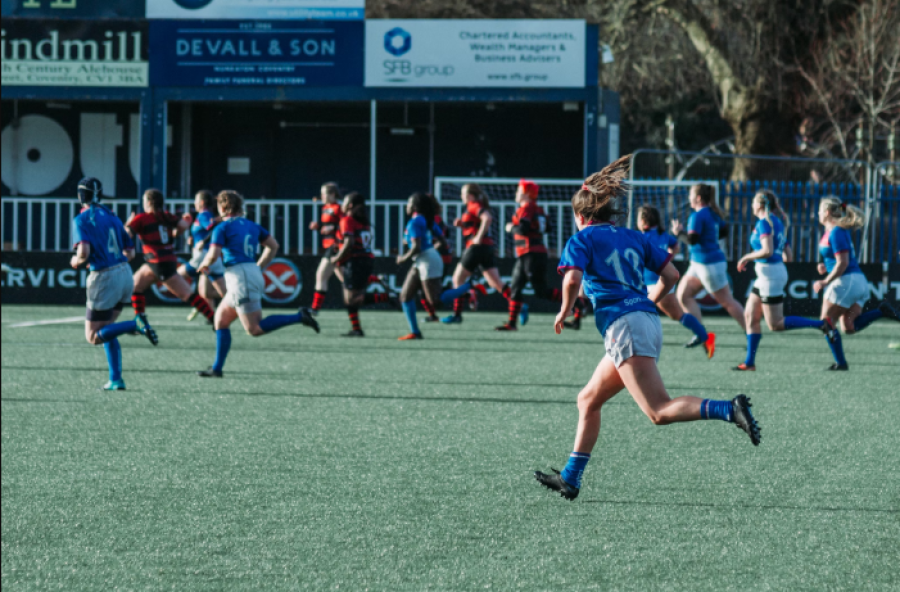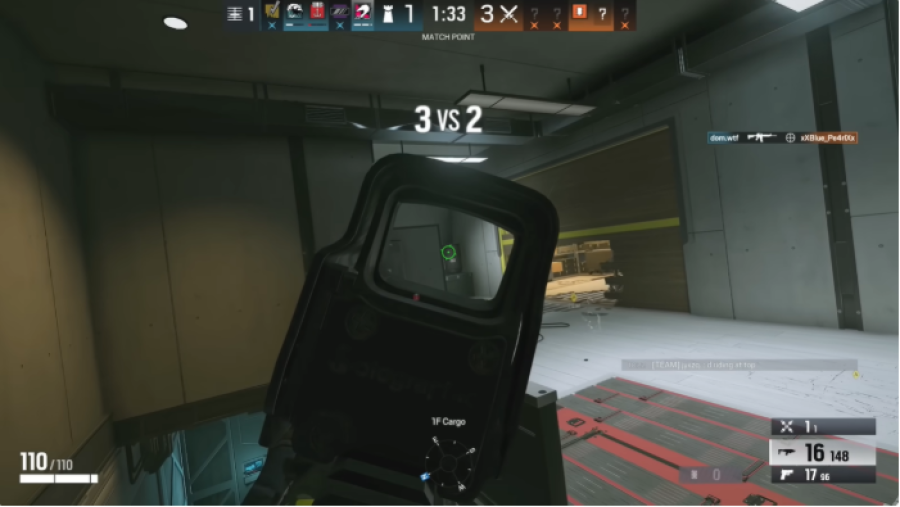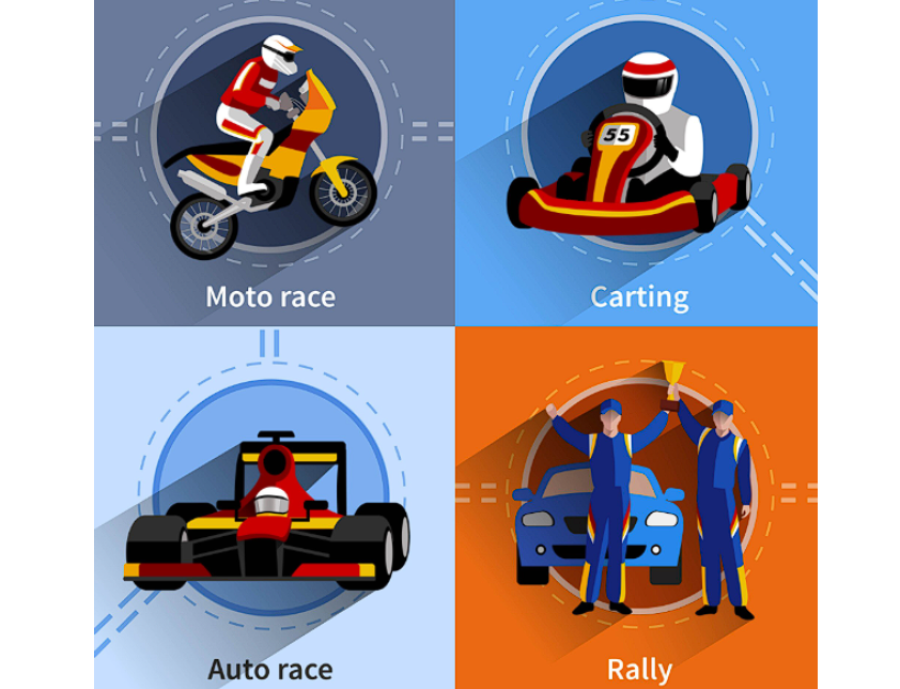Over the past few years, Arab nations have made remarkable strides in advancing women's sports by utilizing digital tools to grow them. These tools help female athletes to be noticed and supported. With an emphasis on equity, technology is removing obstacles and aiding women to thrive in sports. This transformation is developing the region's sports culture and motivating young girls to participate.
Online Campaigns for Visibility
Viral stories are often deemed divisive, but for many women across the Arab world, innovative online campaigns are allowing them to go mainstream for all the right reasons. These groundbreaking promotions have sent powerful messages, like Tunisia's weightlifter influencer Instagram takeovers and the UAE's female footballers' TikTok videos. Women are announcing their presence and participation in competitive sports. Even regional melbet uae are incorporating tools allowing fans to wager on women's games, making them more prominent and exciting. The outcome is increased visibility for athletes alongside a growing fan base that supports and bets on them.
Campaigns are often developed with sports marketing companies that understand how to capture the right audience. Exposure comes from more than just impressions or hits. Morocco's campaign #ShePlaysToo is a good example of this. It merges professionally produced content with fan-made video challenges and garners over 1.2 million views within a week. This type of exposure is vital for planning visibility for women who have been overlooked.
E-Learning for Coaches and Players
All great athletes are supported by relentless coaches who train them through videos and drills—and now, through online courses. In regions where training can be difficult to attend in person, remote learning has brought a drastic change. Arab sports organizations are developing courses to advance women's sports. Useful formats include:
On-demand tutorials: These are untimed and more accessible to learners. They were created by former players or coaches and made available in Arabic.
Zoom mentorship circles: These are rotating monthly meetings in which a seasoned female athlete teaches a group of young players.
Interactive quizzes: Engaging tools that assist young athletes in mastering the game's fundamentals.
Virtual Credentials for Coaches: An innovative method through which female coaches can obtain official documentation in several Gulf nations.
These programs do more than teach; they instill self-assurance and redefine benchmarks. When preparation goes beyond geographic boundaries and societal roles, there is greater potential for success.
Digital Hubs Are Changing Access to Sports
Access means everything—and now it is in your hands. Women no longer have to wait for physical facilities to open or for the perfect timing to participate across the Arab world. The court is perpetually open with digital hubs, gyms can be accessed with a tap, and playbooks are stored in the cloud. MelBet Facebook Egypt is also becoming a part of this ecosystem by sponsoring tournaments, promoting athletes, and providing real-time connections between fans and competitions. These are more than apps—these are ecosystems that combine streaming networks, athlete catalogs, digital training platforms, and live coaching rooms. While access to sports was previously inconsistent, these digital realms quietly and steadily change the narrative with results you can count on.
Government-Backed Portals
Countries in the Gulf and North Africa are no longer idle. They are now building women's sports platforms in Gulf countries as a priority. In Saudi Arabia, the Ministry of Sports implemented an online system that tracks an athlete's progress nationally. The system connects users to certified coaches, offers AI-powered performance assessments, and provides automated feedback. Not only does the application function at a high level, but it is also beautiful, supports responsive interfaces, and most importantly, balances usability for female users.
In the UAE, the Fatima Bint Mubarak Women Sports Academy is developing a digital twin for real-world programs. This means remote access to training that syncs with sessions conducted in Abu Dhabi. A young girl in Ras Al Khaimah can miss a session and pick it up through a portal replicating taught drills. This is temporary infrastructure for long-lasting innovative systems.
Grassroots Tech Initiatives
The real innovation is often remote from ministries or federations. Community-led tech projects are transforming things, especially in neglected regions with limited infrastructure and access. These local initiatives may lack considerable funding, but have creativity and a mission. A few of the most effective examples are:
Mobile scouting apps: Capturing talent to send via clips in Egypt and Algeria.
Digital match diaries: Created by volunteer programmers in Palestine to document and disseminate local girls' matches.
Low-bandwidth training platforms: tailored to the internet-speak weak regions of rural Morocco
WhatsApp-based fitness challenges: run by coaches in Jordan to motivate young athletes during the off-season.
These tools help eliminate existing gaps and create new routes to access sport.
Streaming of Women's Competitions
The regional final for women's handball from five years ago in Oman would struggle to attract more than a few dozen viewers. Now, that exact match is live-streamed. The attention is captured, and the footage is shared on countless screens. In this case, streaming serves as a means of attention that is no longer a luxury but a norm. This kind of coverage is not just limited to Oman and Arab countries; they are going further by investing in women's sports broadcasting to the same level, including the tech used for men's games. The rise in broadcasting women's sports is fundamentally changing the interface for fans, the scouting process for players, and even the betting lines.
Let's look at several ways in which streaming platforms enhance the sport:
And indeed, fans are more engaged than ever, watching and placing bets.
Athlete-Influencer Crossovers
After every match, she wipes her brow of sweat and goes live on Instagram, with 250,000 people waiting to watch her. It's not a marketing plan; it's an Arab female athlete's hybrid media persona. These women are positioned as world-class athletes and digital brands. This hybridization is not just reputation-boosting; it transforms earned media perception and sponsorship opportunities, and expands followers into new continents.
What legitimizes this is that these women are not merely endorsing timeless commercials; they narrate training and suffering, show candid bruises, and celebrate wins. From the Emirati sprinter Moza Al Kaabi and her nutrition Q&A sessions to boxer Salma Ibrahim's breakdowns of her bouts, that openness pulls the audience into the grind. Instead of being idolized, these women portray the reality of their lives as modern Arab athletes, livestreamed in real time.
Sports Journalism Is Getting Inclusive
The Arab world is witnessing a digital renaissance, with women sportswriters, analysts, and hosts shaping the narrative. They operate outside conventional structures and enjoy the freedom to craft stories from limitless angles. And they aren't simply covering women's sports; they blaze new trails for event coverage.
New and audacious voices are everywhere, from Beirut podcasting studios to Casablanca's online zine publications. Audiences are responding by reading, sharing, and even betting more because they now have context, background, personality, and play-by-play delivered differently.
A New Era of Empowerment Through Connectivity
You can feel the change in the stadiums and with every tap, stream, like, and comment. Arab women in sports are not waiting for access; they are digitally unlocking their doors. From grassroots initiatives to national platforms, there is real momentum, which is connected. This isn't just growth; it's progression. This is a movement, and it is only set to escalate.









